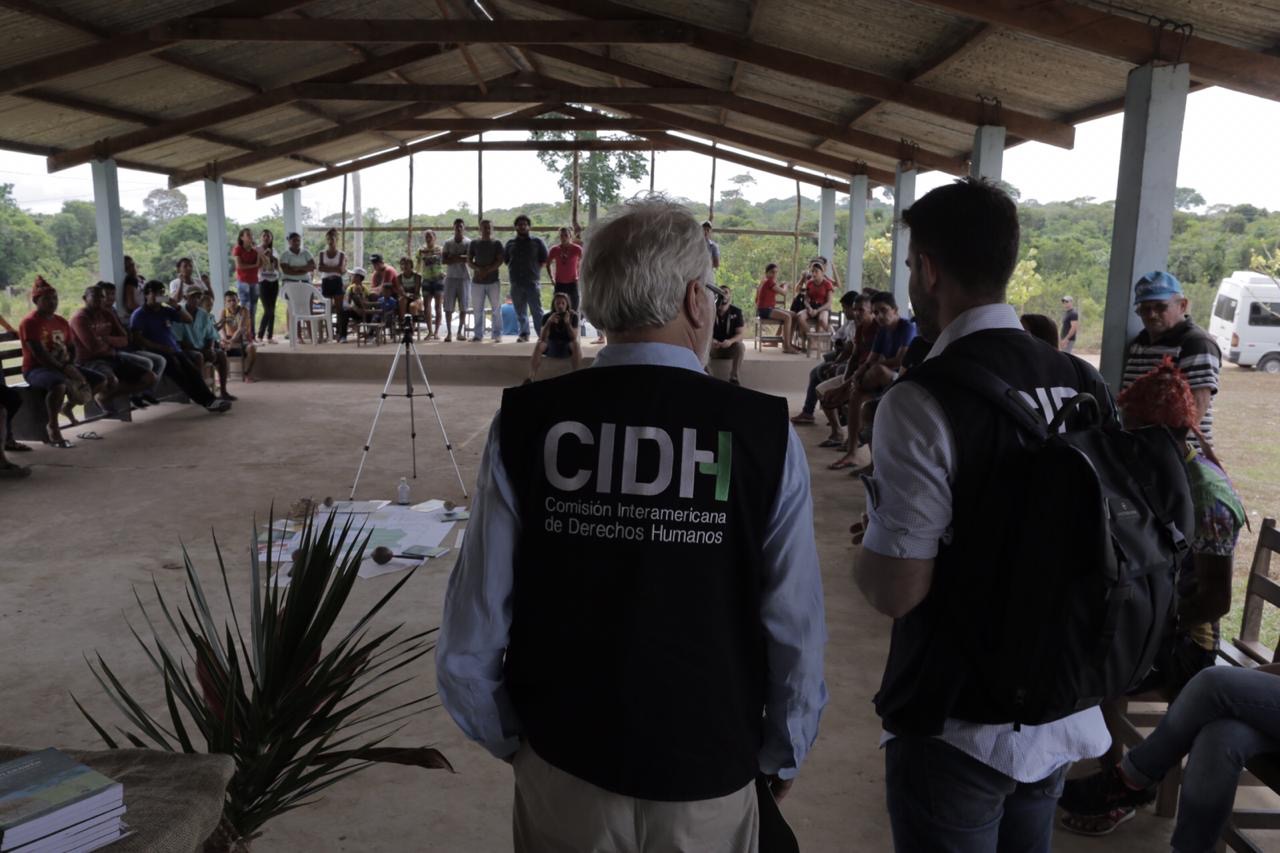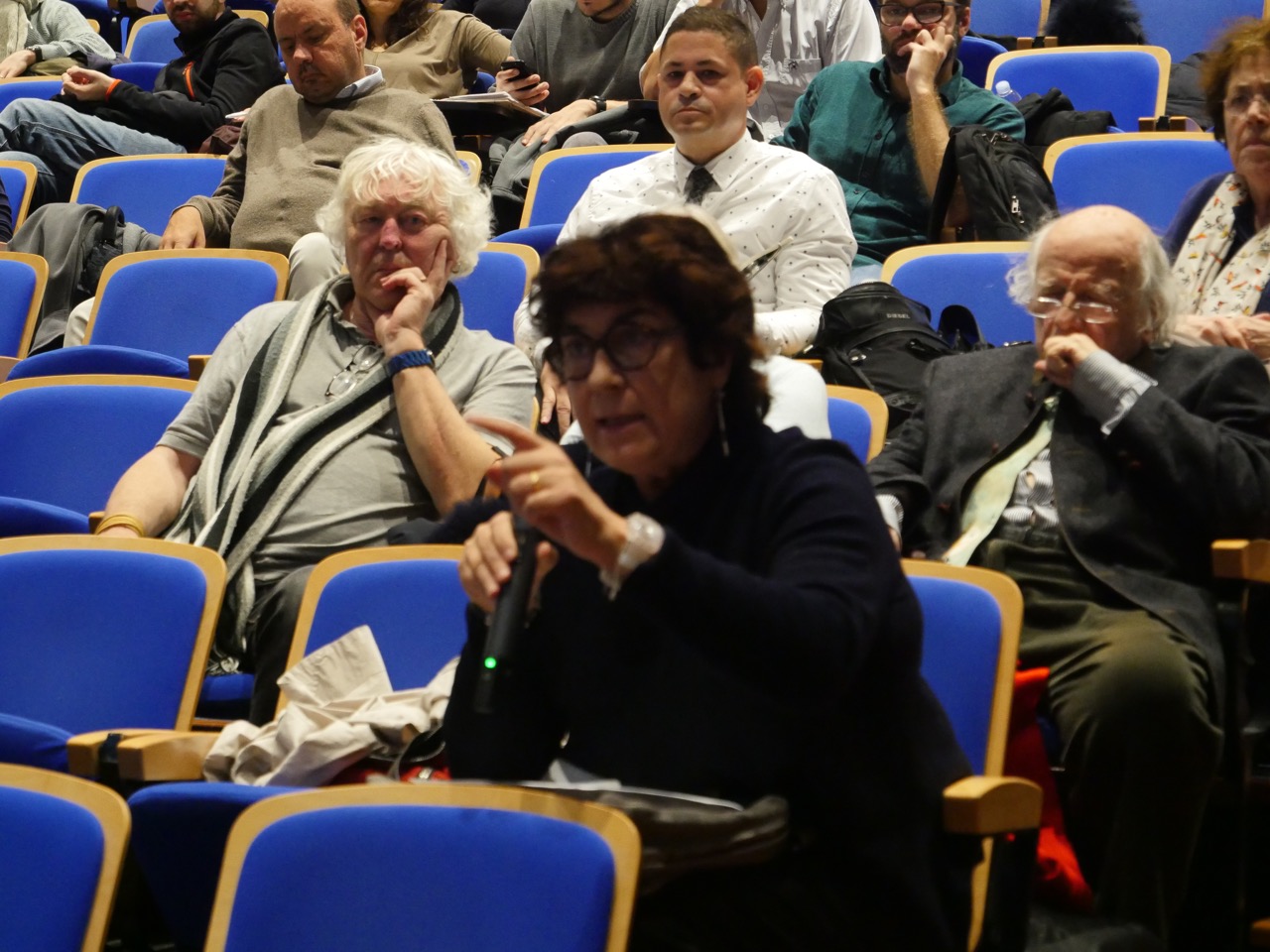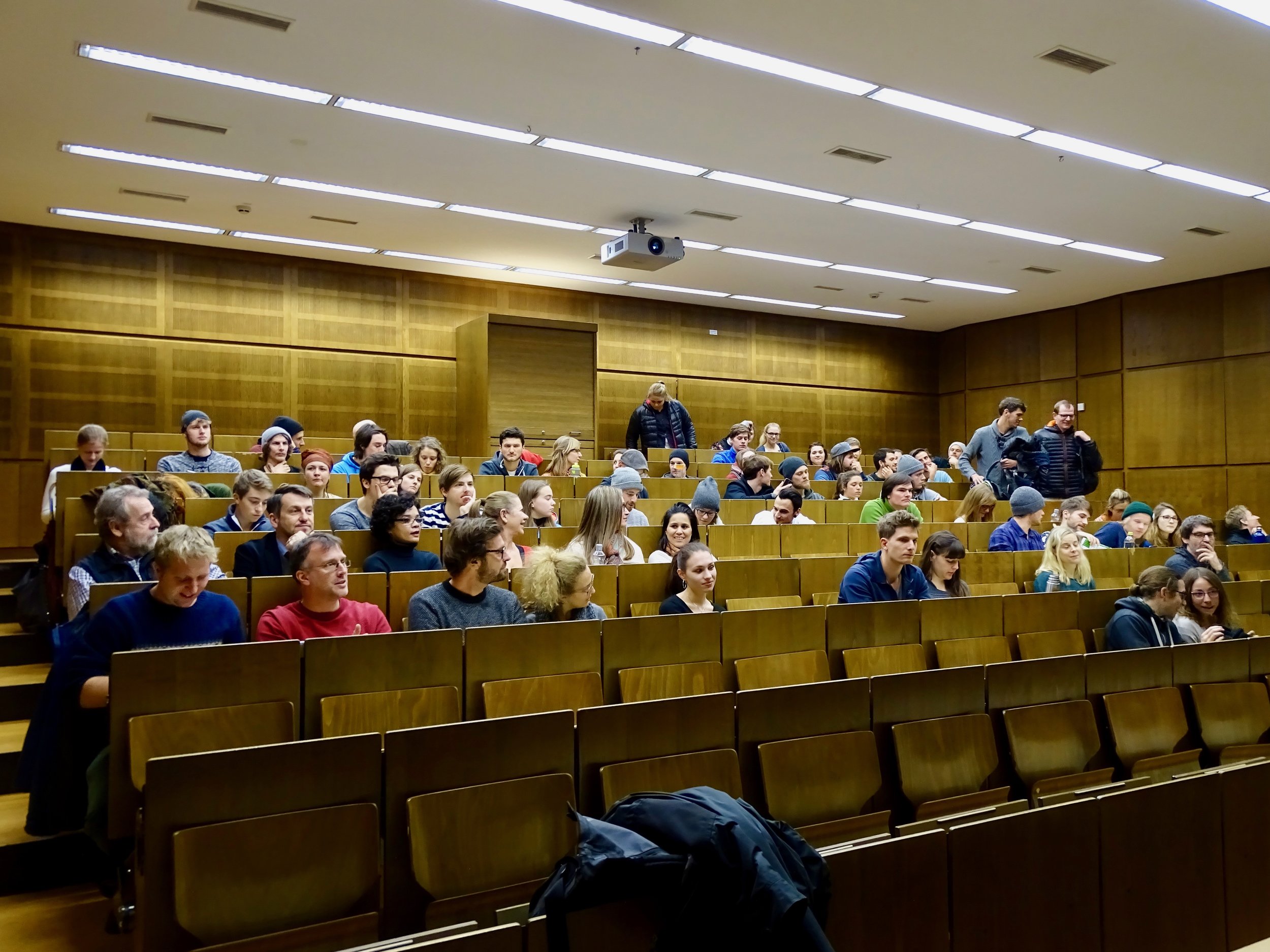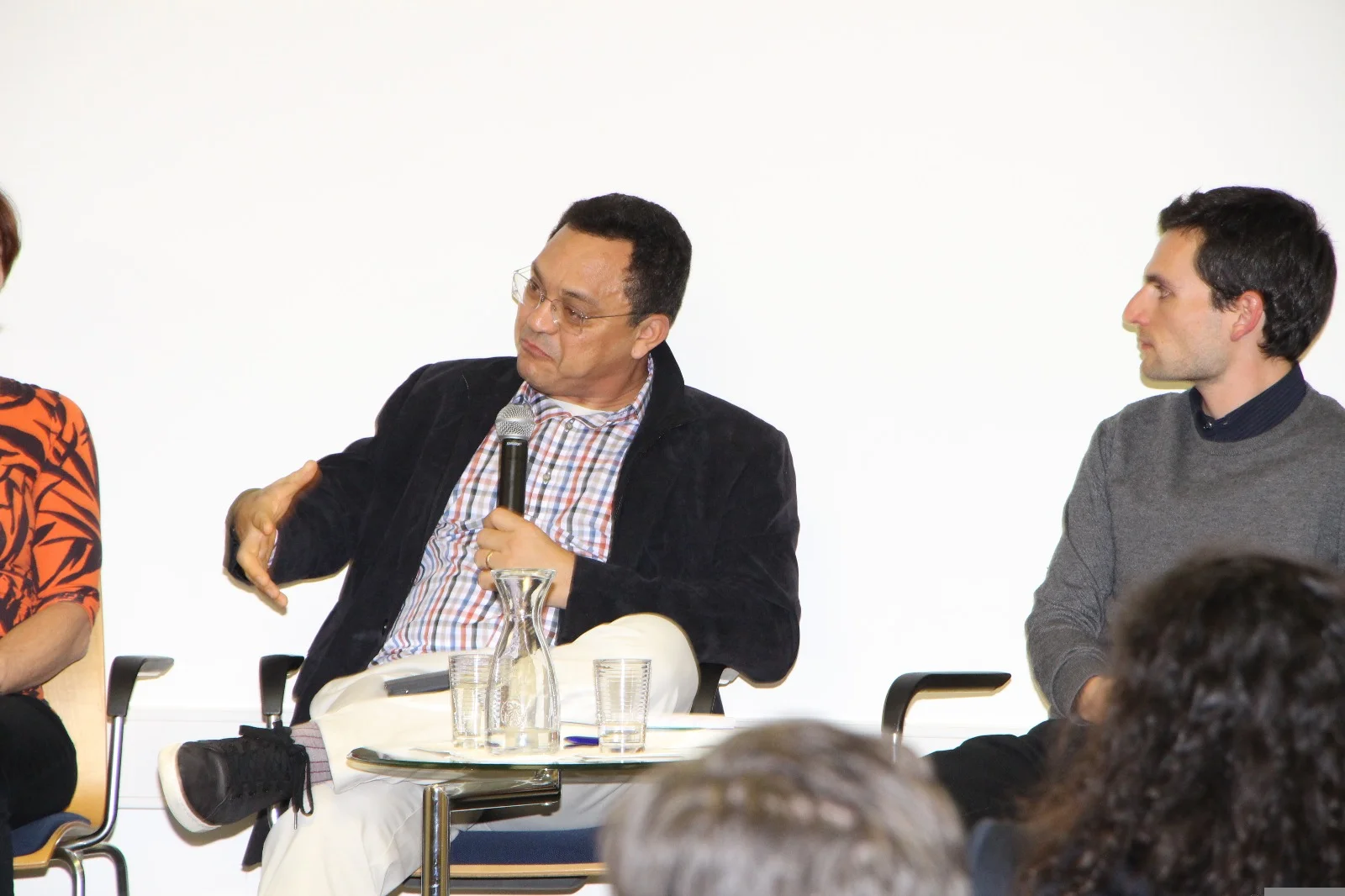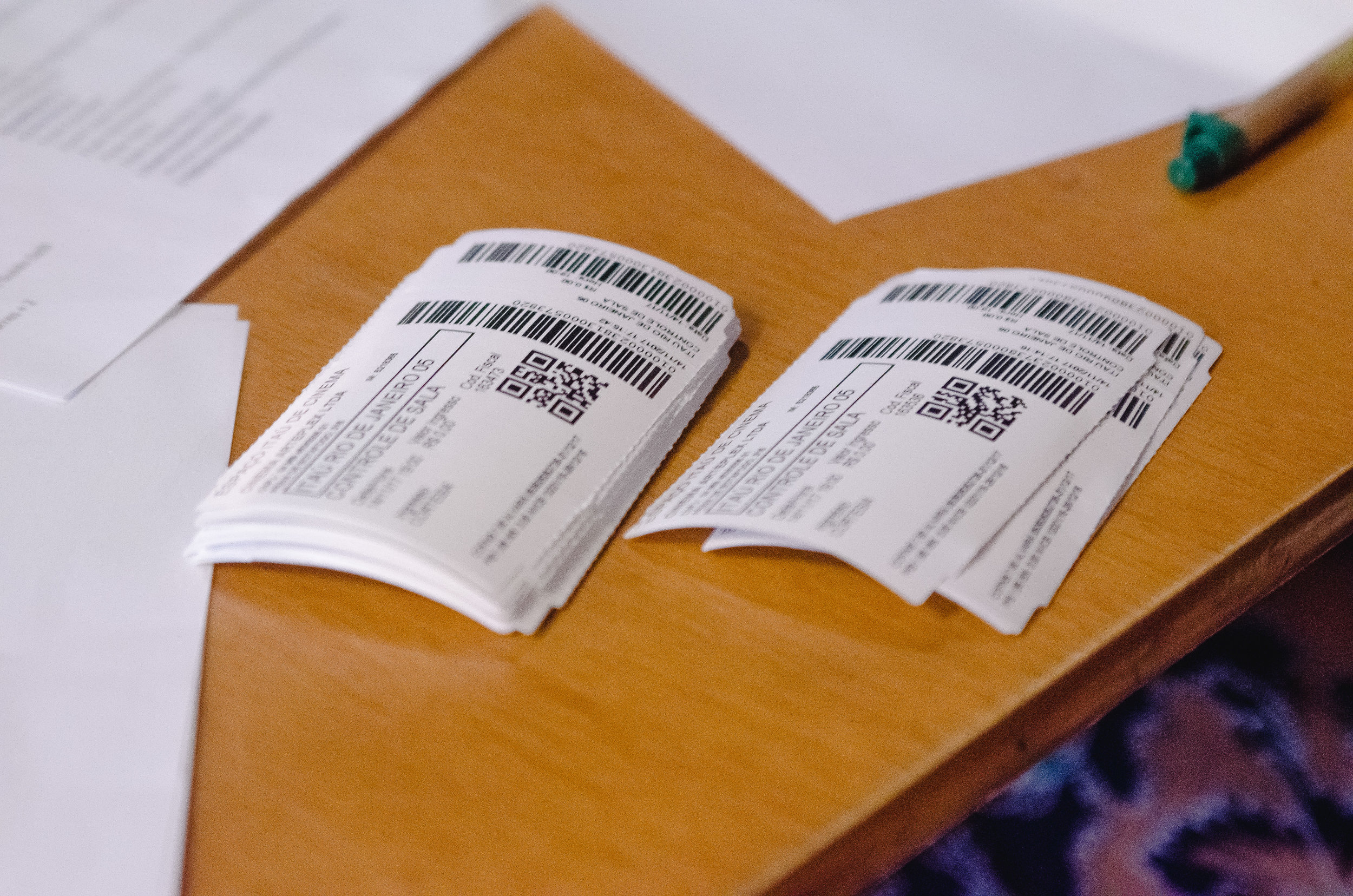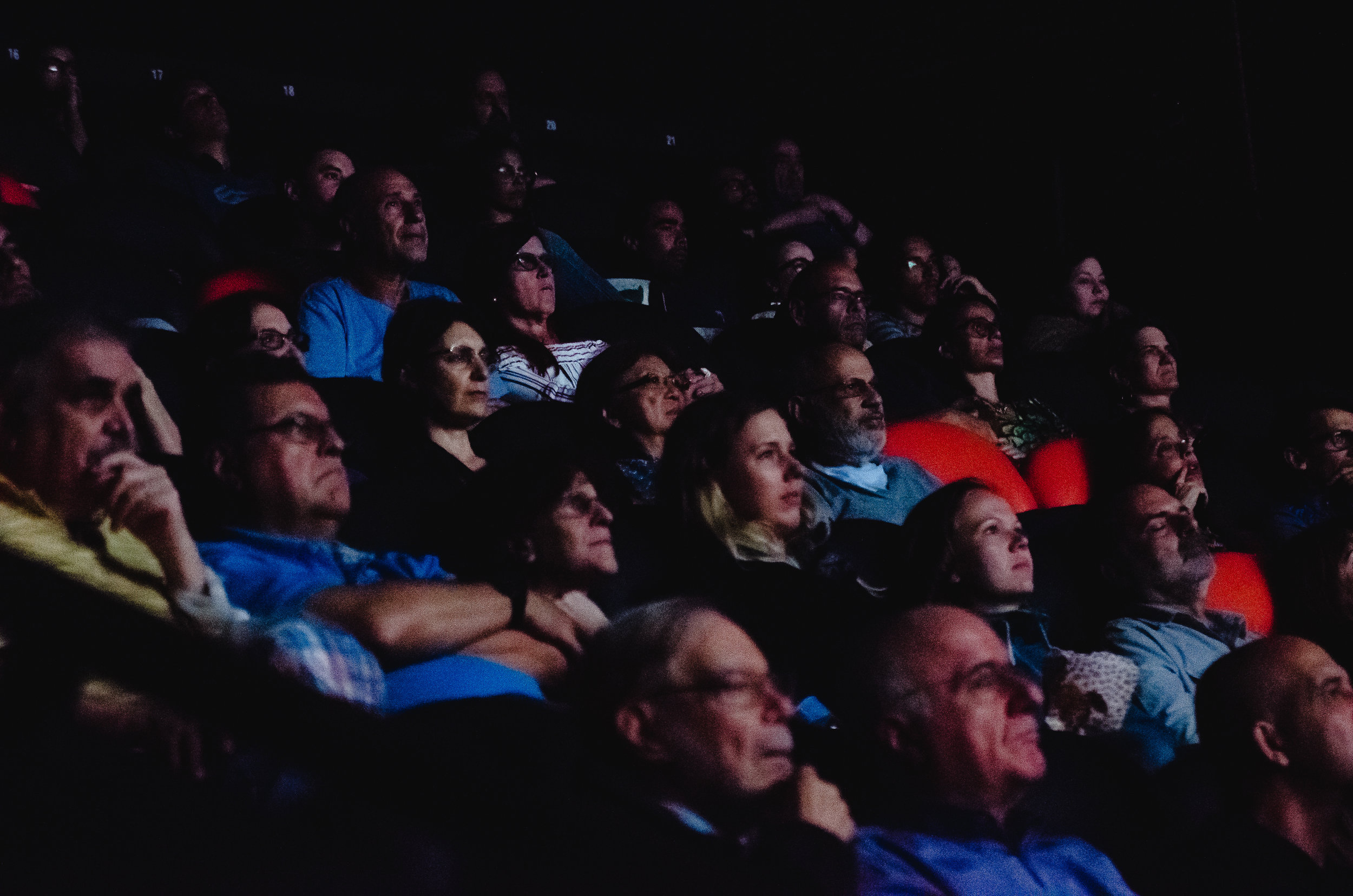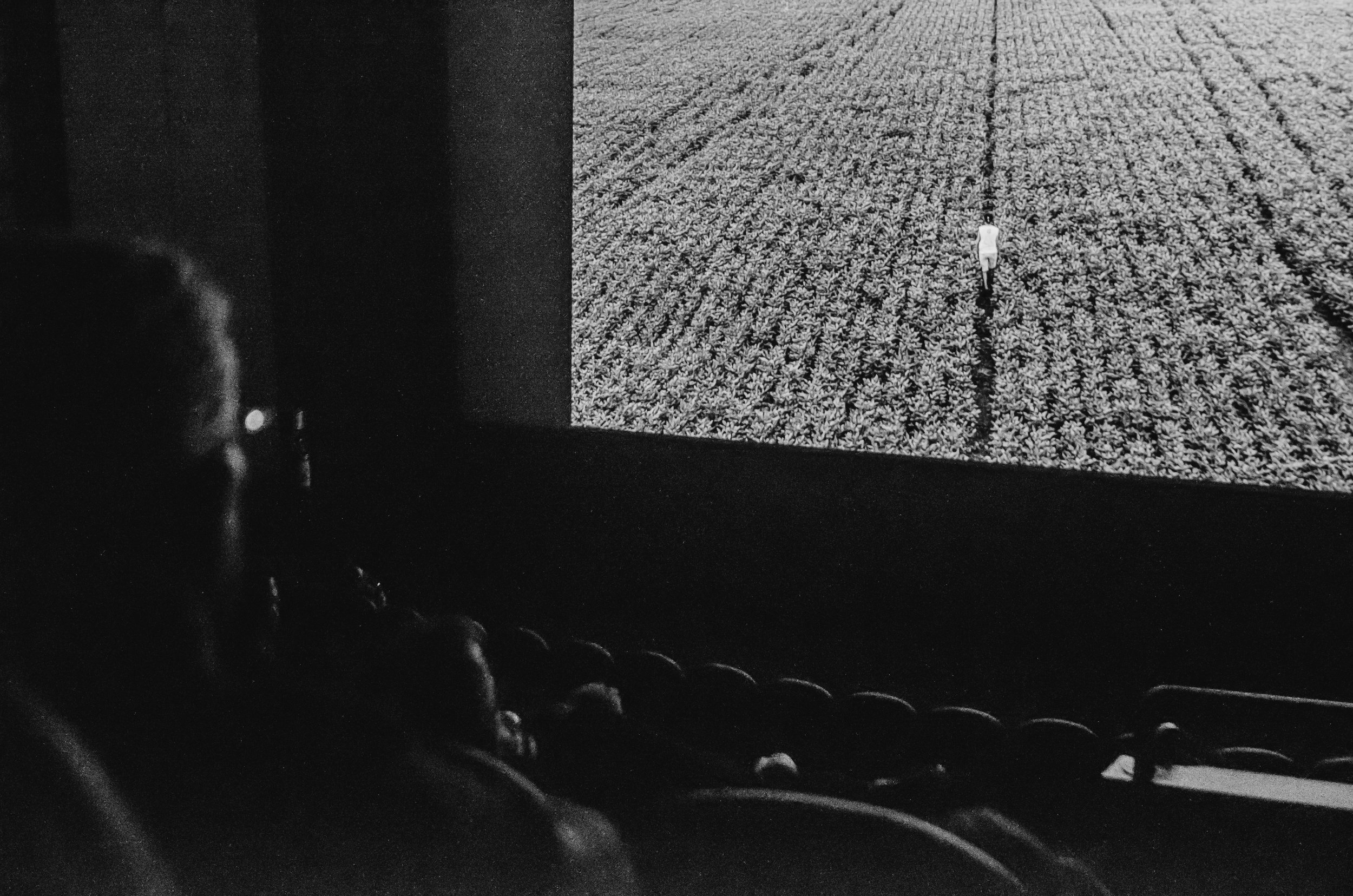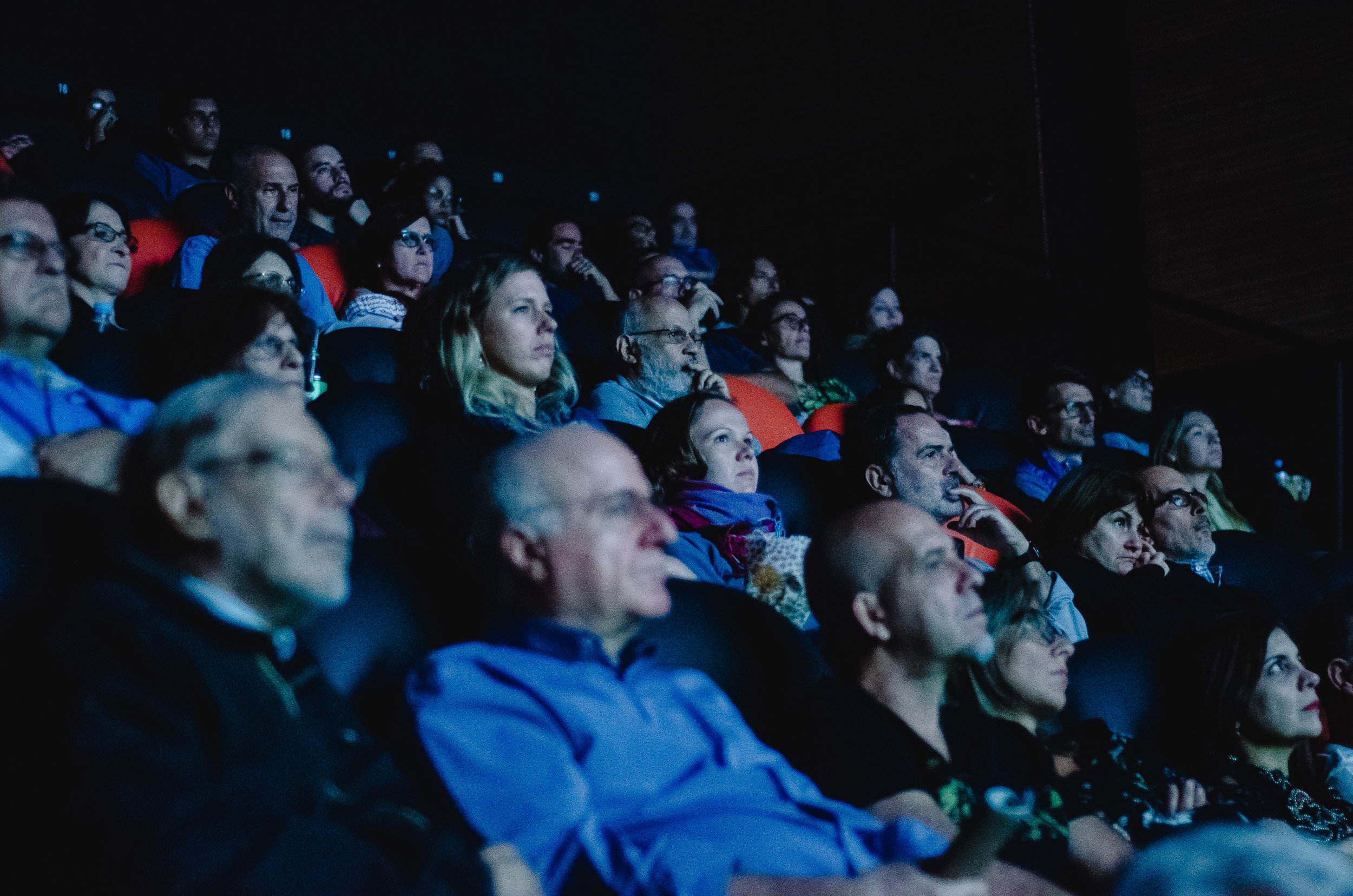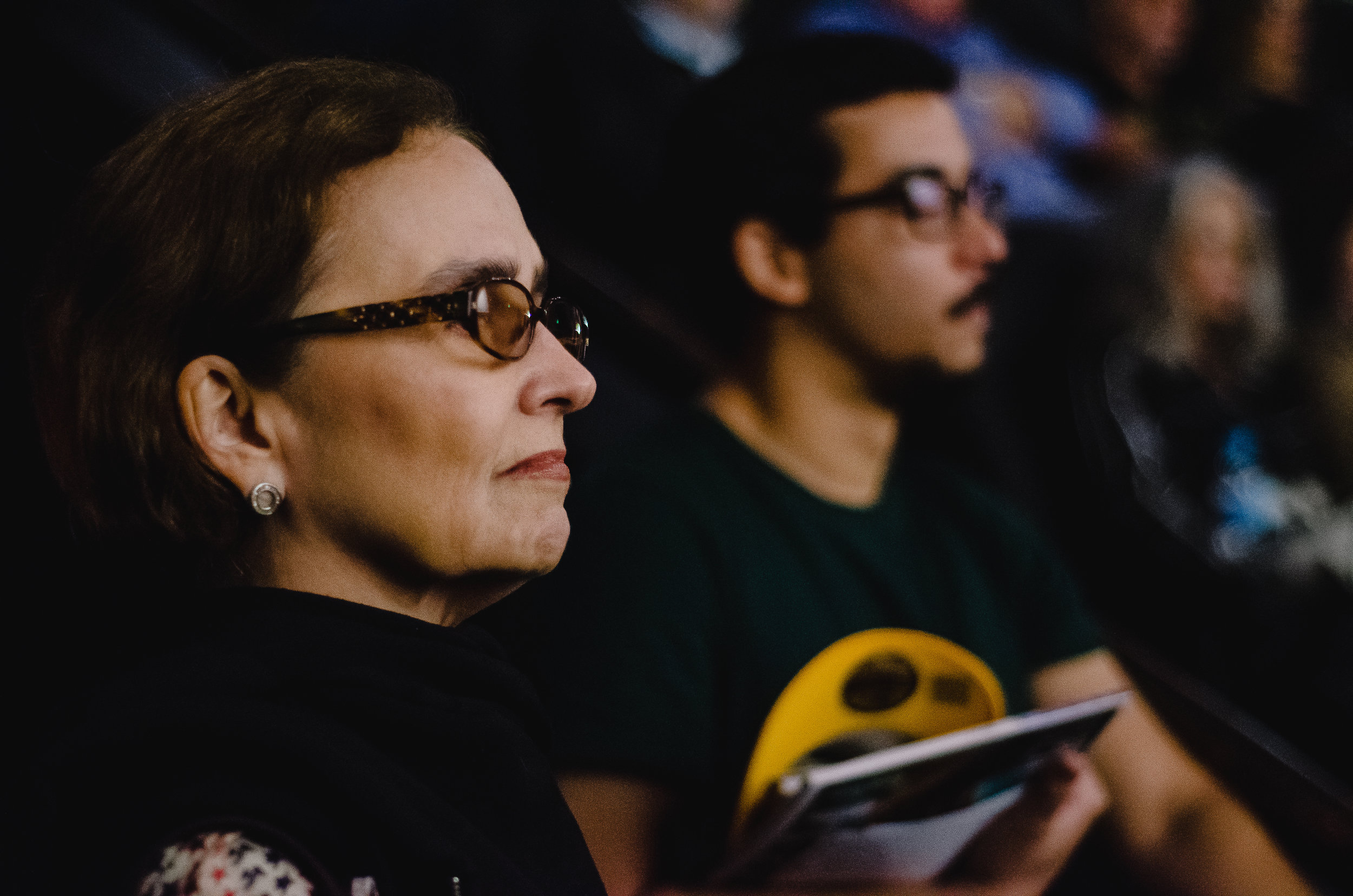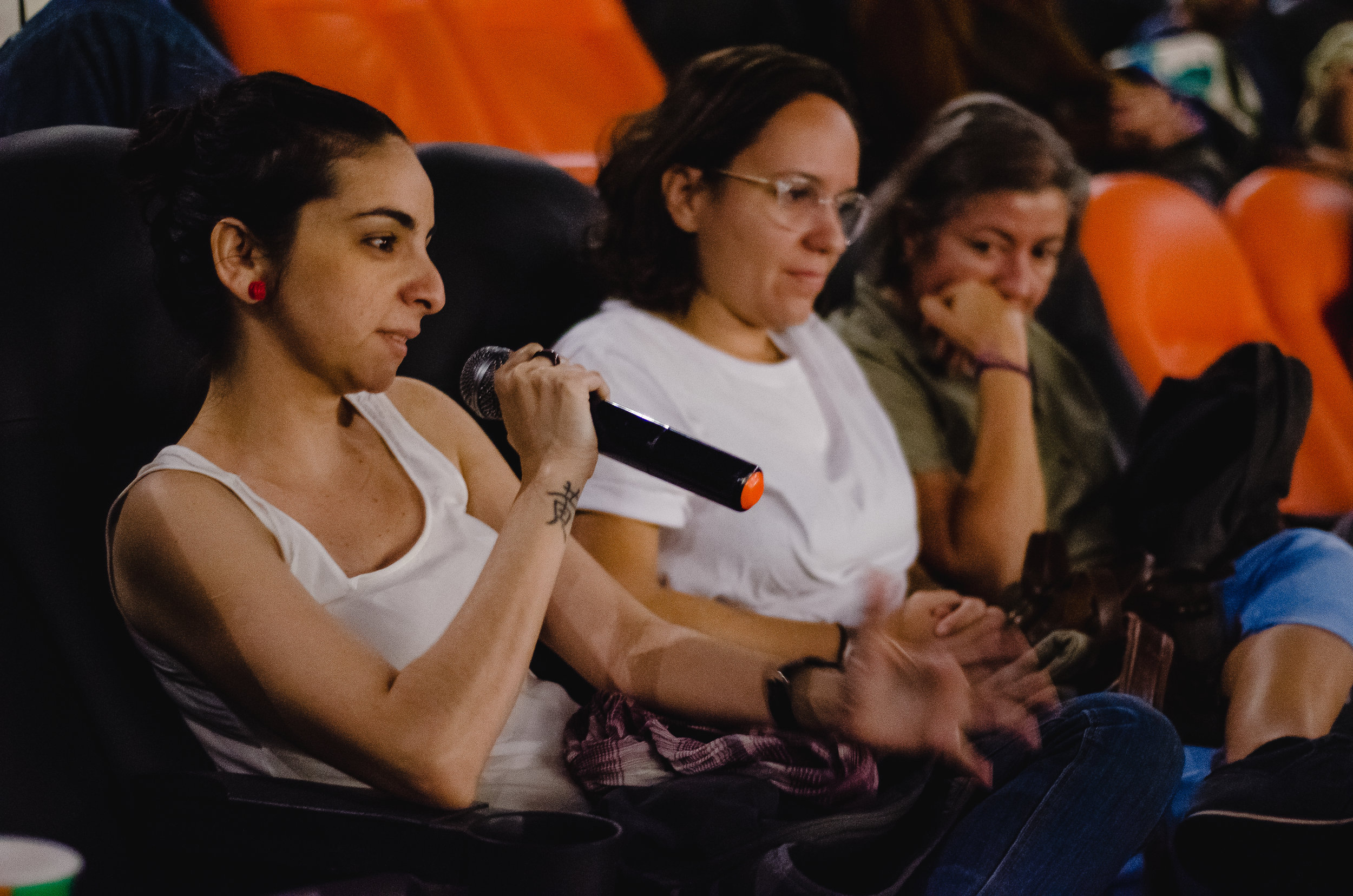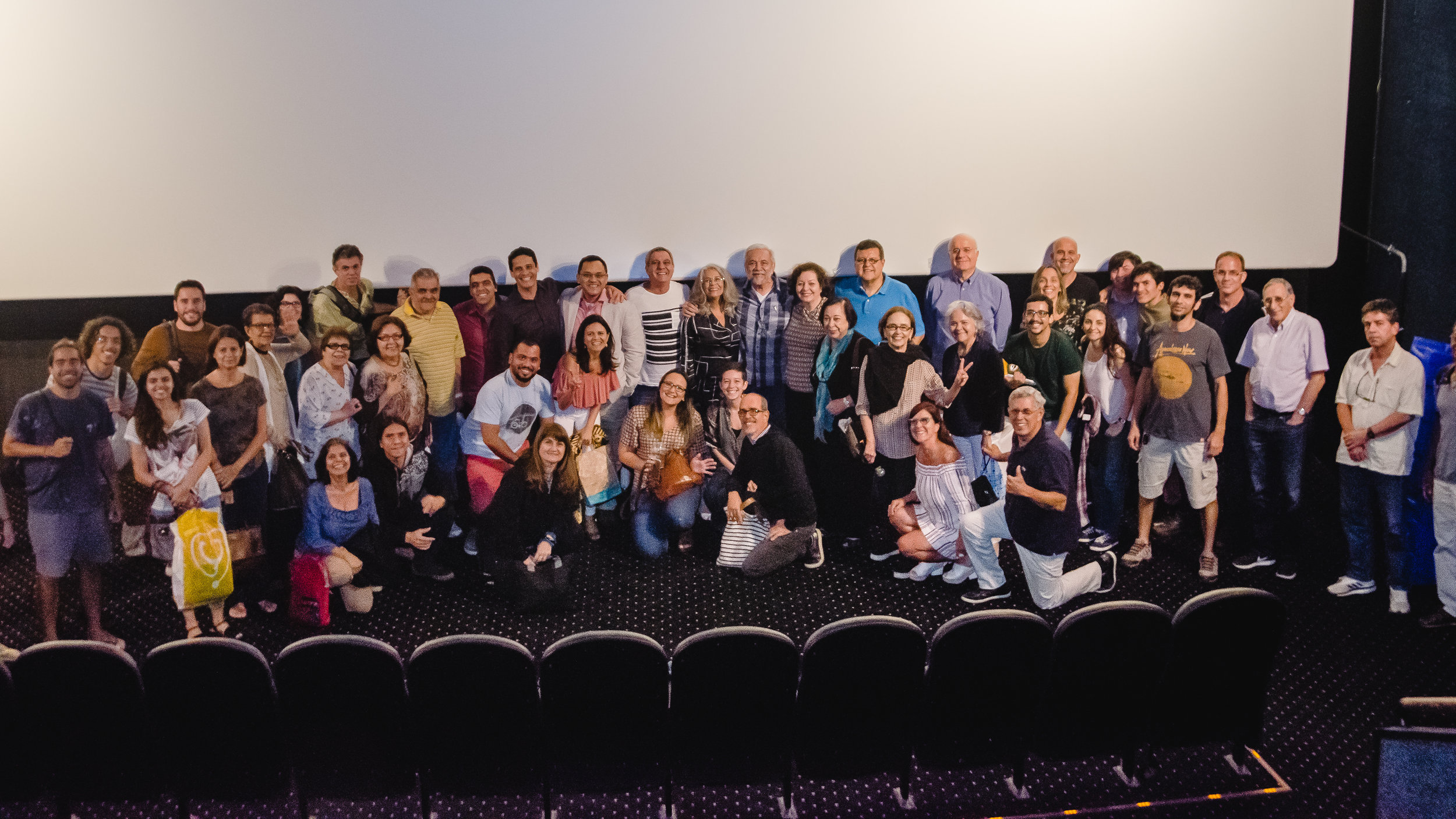Students from University of Wisconsin-Madison analyze clashes between the market and the forest in Amazonia
Students from Spanish 226 at the UW-Madison, Fall 2018.
The documentary, Beyond Fordlândia, released in 2017, continues to highlight the tense reality of the world's largest tropical rain forest and inspire projects in its defense. It was the turn of sixteen students from the University of Wisconsin, in Madison, who, as one of their activities during the second semester of 2018, watched the film and produced their impressions on the clashes between the soybean monoculture and the resistance of Amazonian populations, fauna and forest.
The students from Spanish 226, taught by Beyond Fordlândia director, Marcos Colón, TA of the Department of Portuguese and Spanish and an associate of the Nelson Institute of UW, were able to embark on the ecocritical perspective addressed by the teacher. Through screening of the film and the production of coursework, the students delved into the complexity of the contemporary Amazonian scenario, which, despite being geographically distant, bridges international gaps.
The work presents a message of contradiction evident in Henry Ford's venture, begun ninety years ago at the end of the second decade of the last century, yet still very much present. Despite the economic and social progress garnered in the official objectives and pronouncements, including the archival footage of the Ford Company of Brazil, the students noted memories of an artificial boom and the phantasmagorical legacy of the present and future threatened by the true repercussions of the experience.
Call to action
In the face of “almost overwhelming desperation,” the narrative of the film presented the students with problems that seemed to be too big to be solved. The polyphony composed against a solution and the suppression of resistance in favor of the Ford legacy - the brute force of an ever more powerful agribusiness - indicate that the game is yet to be decided, with the human aspect at the heart of the discussion: “For those that do not know the power they have, it is a warning that each action affects our future,” writes one of the students.
Moreover, the perception of this game for the future was shown in the student's work, which revealed the Fordist intentions to transform the most complex biome in the world into an agricultural factory and laboratory. The group understood that, rather than being learned, the lesson has been repurposed for the soybean market. They also leave the message that it is necessary to change the human culture of conquering and destroying before it is too late.
Just as the soybean market fails to respect frontiers, the message of protection and rescue of the Amazon also transcends generations and continues to captivate new audiences in the course of its history.To access the reviews click here.

